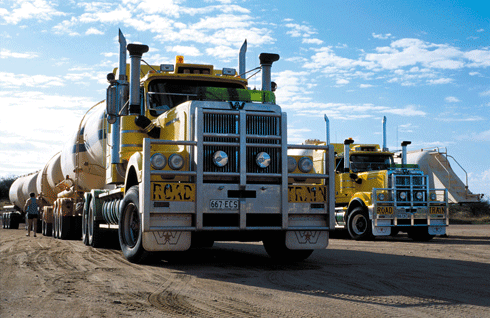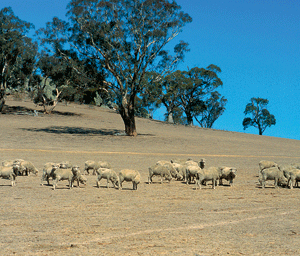
|
Published: 21 November 2011
Best countries juggling the ‘energy trilemma’ highlighted
The World Energy Council (WEC) last week published their third, annual ‘Assessment of Country Energy and Climate Policies’, which includes the annual global Energy Sustainability Index, a detailed analysis of 92 countries’ energy and climate policies, setting out those most successful at managing the trade-off between the three dimensions of the ‘energy trilemma’: energy security, social equity and environmental impact mitigation.
Switzerland, Sweden, France, Germany and Canada have been ranked first to fifth by the WEC in terms of their ability to provide a stable, affordable and environmentally sensitive energy system.
The 2011 report says that despite the good performance of the top five, no country leads in all three areas of the trilemma challenge.
Mark Robson, Partner of global management consulting firm, Oliver Wyman, project partners for the WEC analysis, explained: ‘Our index shows clearly that even countries with abundant energy resources, wealth and political stability struggle to provide stable, affordable and environmentally sensitive energy. The countries that tend to be the best at balancing the resulting trade-offs between these interests are those that have diversified their energy resources and actively manage demand for energy through well-established energy-efficiency programmes.’
The WEC report aims to inform and help policymakers, through specific action recommendations, to create better policies that ensure measures are rapidly progressed to limit global temperature rise to 2oC, whilst also delivering sustainable growth for their populations.
The WEC emphasises three main points: focusing exclusively on reducing greenhouse gas emissions is not sustainable, free market solutions alone can’t deliver sustainability, and only vision-led and coherent energy policies that address the ‘energy trilemma’ will gain public acceptance and investors’ trust to deliver a sustainable energy future.
The country analysis underlined the need for increased dialogue and an open and honest approach to setting out the trade-offs that are required to develop affordable, stable and environmentally sensitive energy frameworks.
‘These trade-offs mean that there will inevitably be winners and losers in the short term. But, if those choices are made transparent and explicit, and most importantly are led by a clear long-term vision, then they will gain acceptance, commitment and investment from energy leaders and from the public,’ the WEC advises.
Building on WEC’s two previous assessments, this year’s report focused on three critical areas where policymakers should focus their efforts: transport, energy efficiency and finance.
‘With the energy system generating approximately 60 per cent of total GHG emissions, only significant improvements in these key areas will countries be able to meet rising energy demand, while working to limit the growth in CO2 emissions,’ the WEC says.
More specifically, Christoph Frei, Secretary General of WEC said, ‘Today, the overall transport sector represents a quarter of total CO2 emissions. We project that CO2 emissions from transport could be 80 per cent higher in 2050. However, with clear policies that empower governments, the public and private sector to intervene, we could limit this increase to 15 per cent. This is significant, but we must act now’.
Launching the report, Chairman of WEC, Pierre Gadonneix, said ‘the need for more robust investment frameworks is now even more critical to attract the massive investment that is needed in the energy sector to achieve the energy trilemma: energy security, climate and environment protection and the eradication of energy poverty.’
‘In particular, public policies must provide the market with robust frameworks and typically grant actors with: prices that reflect real costs, long-term visibility, an implicit or explicit CO2 price, an assumed responsibility of states to develop and ensure safety and acceptance, as well as environmental standards.’
More information
CSIRO’s Energy Transformed Flagship is providing Australia and the international community with a science-based solutions pathway to a more sustainable energy future. Read about its specific projects and successes in Ecos article ‘Bringing home the future energy vision.’
Source: World Energy Council




